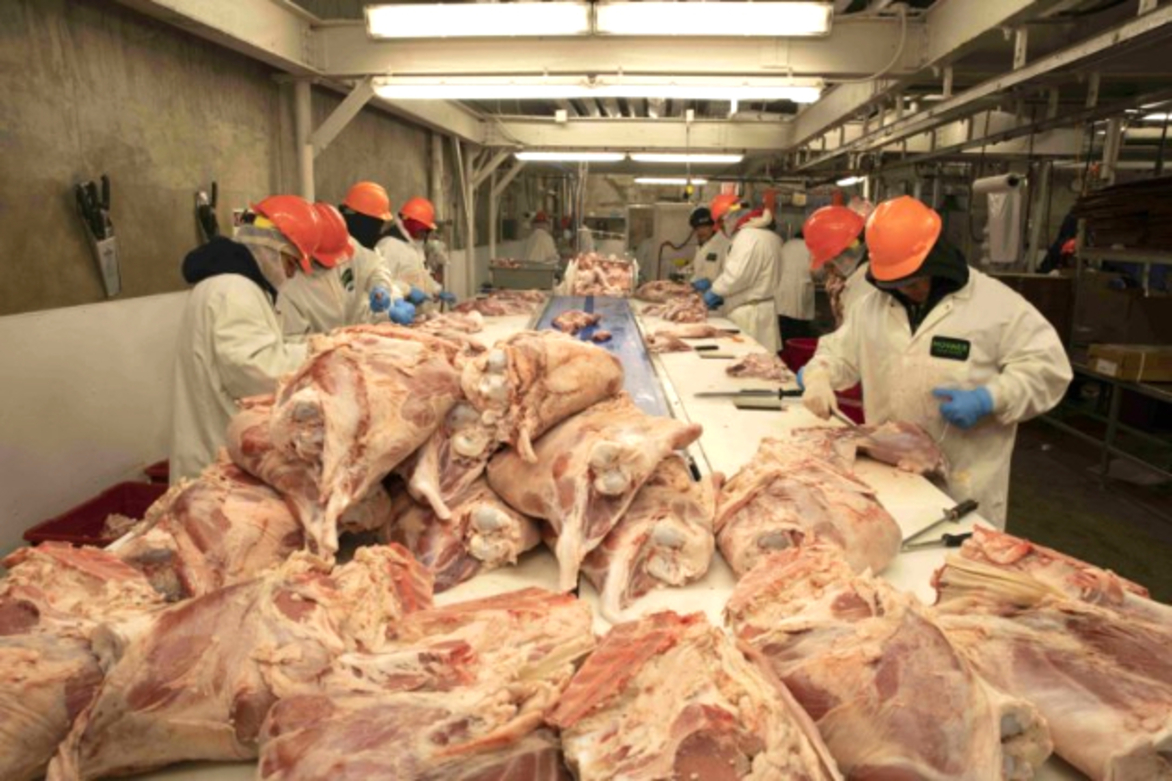Brazil’s largest meatpacker JBS bets big on Vietnam for global growth
Robert Besser
03 Apr 2025

HANOI, Vietnam: Brazil's largest meatpacker JBS is making a bold move into Southeast Asia, betting on Vietnam as a strategic hub for its international growth.
Over the weekend, JBS announced it would invest US$100 million to build two new factories in Vietnam, part of a broader plan to expand its global footprint and tap into rising demand across the region. The facilities will process beef, pork, and poultry—mostly using raw materials imported from Brazil—and supply Vietnam as well as neighboring countries.
"The new plants in Vietnam will not only be an expansion of production capacity, but an investment with a purpose: to generate value for the local economy, create skilled jobs, and contribute to food security throughout Southeast Asia," said Renato Costa, CEO of Friboi, JBS's beef division.
The deal was formalized through a memorandum of understanding with the Vietnamese government and coincided with Brazilian President Luiz Inácio Lula da Silva's state visit to Vietnam. During the trip, the Vietnamese market was officially opened to Brazilian meat exports—a key milestone for JBS, which joined the president as part of a business delegation.
Friboi, a leading brand under JBS, emphasized that the investment reflects the company's long-term commitment to both Vietnam's economy and food supply chain development.
The first plant will be built in Khu Công Nghiệp Nam Dinh Vu, a key industrial zone, and will feature a logistics hub with storage capacity, as well as facilities for pre-processing, cutting, and packaging.
A second plant, with similar infrastructure, is expected to be constructed in southern Vietnam two years after the initial facility begins operations.
With this move, JBS joins a growing list of multinational food companies betting on Southeast Asia's expanding consumer market and strategic export location. The company's decision also comes amid growing global demand for protein and rising efforts to diversify production bases beyond traditional markets.
